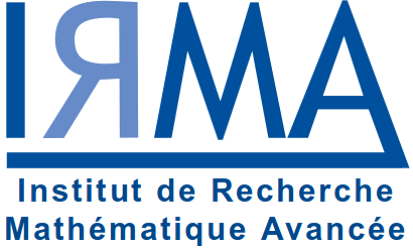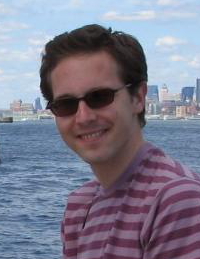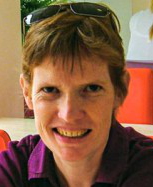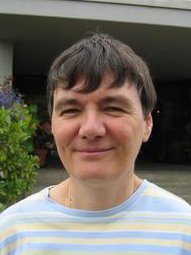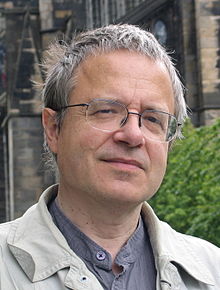
Control of non linear systems
Jean-Michel Coron
Professor at the Université Pierre et Marie Curie (Paris VI)
A control system is a dynamical system on which one can act through what is called a control. For example, in a car, one can turn the steering wheel, press the gas pedal etc. For a satellite, propelors or inertia wheels can be used.
One of the main issues in control theory is the controllability problem, which is stated as follows. We start from a given state, and there is a target we aim at. The controllability problem is to see whether we can go from the given state to the desired target by using appropriate, time dependent controls.
We first recall some classical results on this problem for finite dimensional control systems. We explain why the main tool for this finite dimension problem, that is iterated Lie brackets, is difficult to use for numerous important control systems modelled by partial differential equations. We present some methods to avoid using these iterated Lie brackets. We give applications of these methods to various physical control systems modelled by partial differential equations (Euler and Navier-Stokes incompressible fluid equations, Saint-Venant equations, Korteweg-de Vries equations...)
Another important problem in control theory is the stabilization one. We can understand it with the classical broom experiment that one keep in equilibrium on its finger. In principle, if the broom is vertical with zero speed, it should stay vertical (with zero speed). As seen experimentaly, it is not the case in practice: if nothing is done the broom falls down. This is because the equilibrium is unstable. So as to avoid the fall, we move the finger in an appropriate way so as to stabilize this unstable equilibrium. The moving finger is a feedback: it depends on the position (and speed) of the broom. Feedback laws are now used in many industries and even in everyday life (for example, thermostatic valves). We consider the link between controllability and stabilizability, and show how useful are the time periodic feedbacks laws. Some applications will be shown to finite dimension control system and to systems modelled by partial differential equations.
